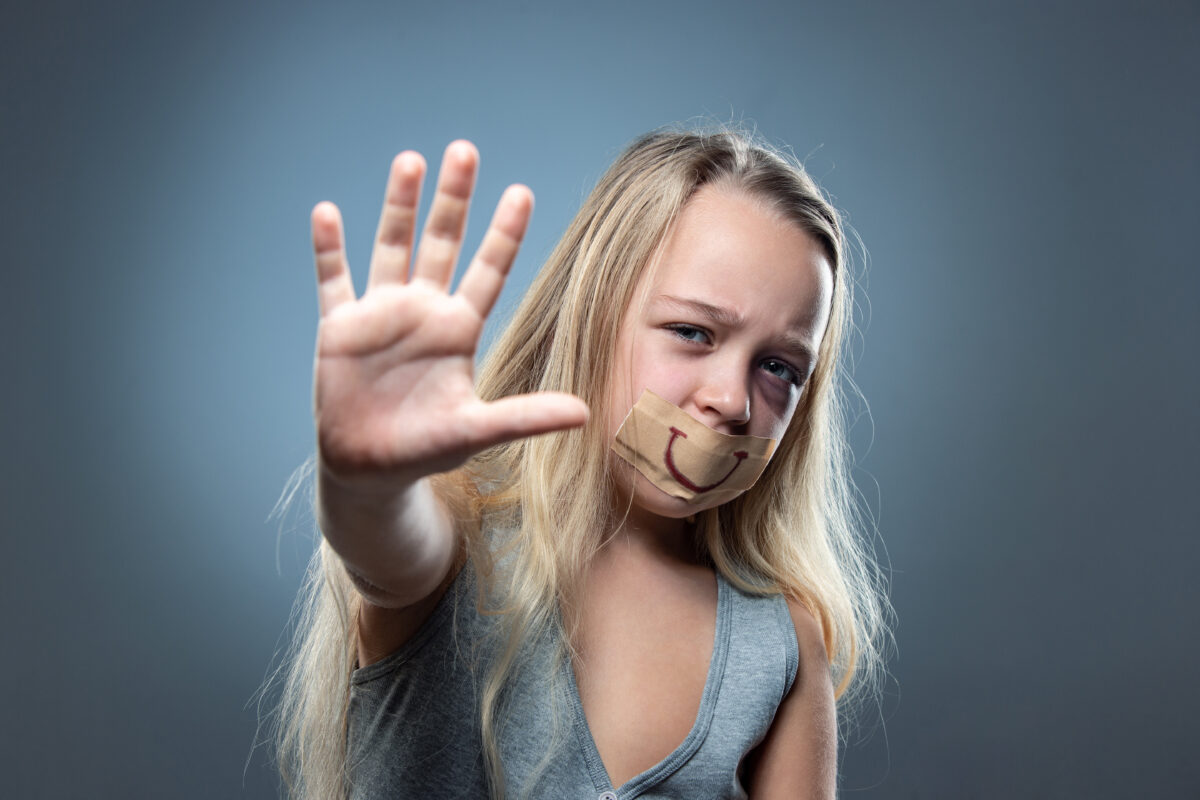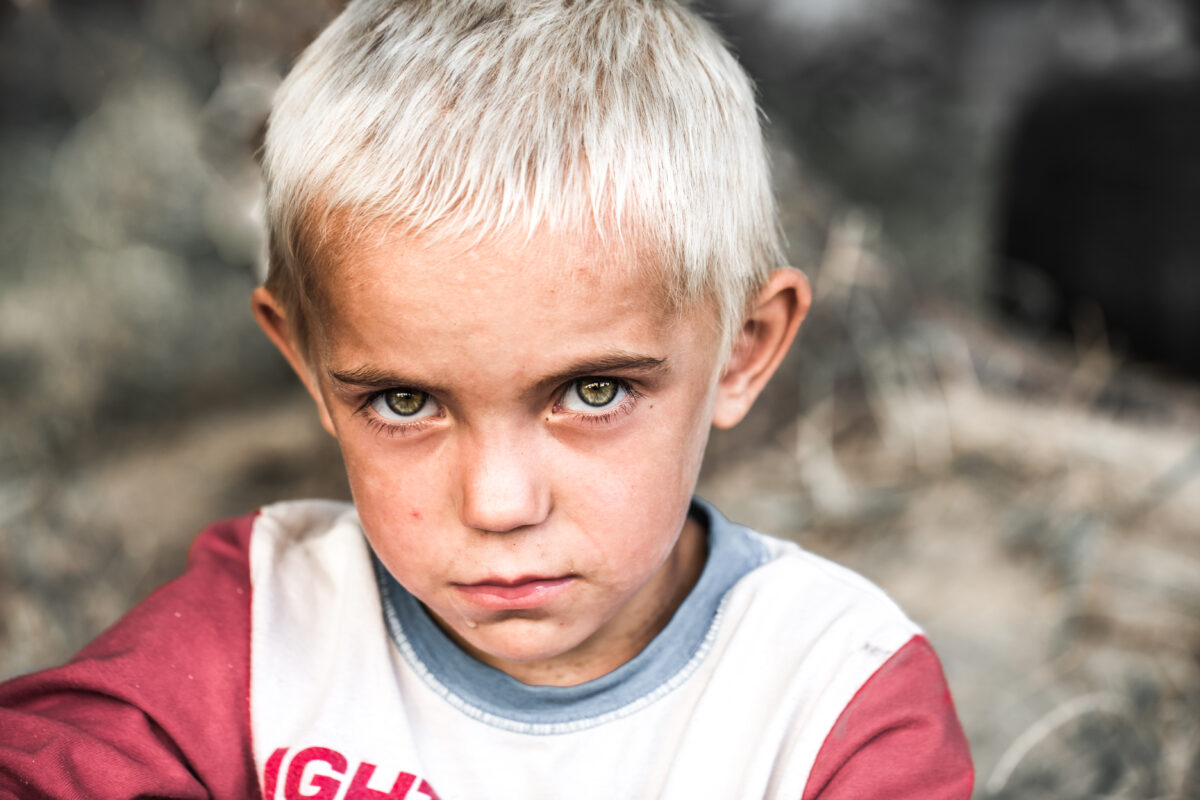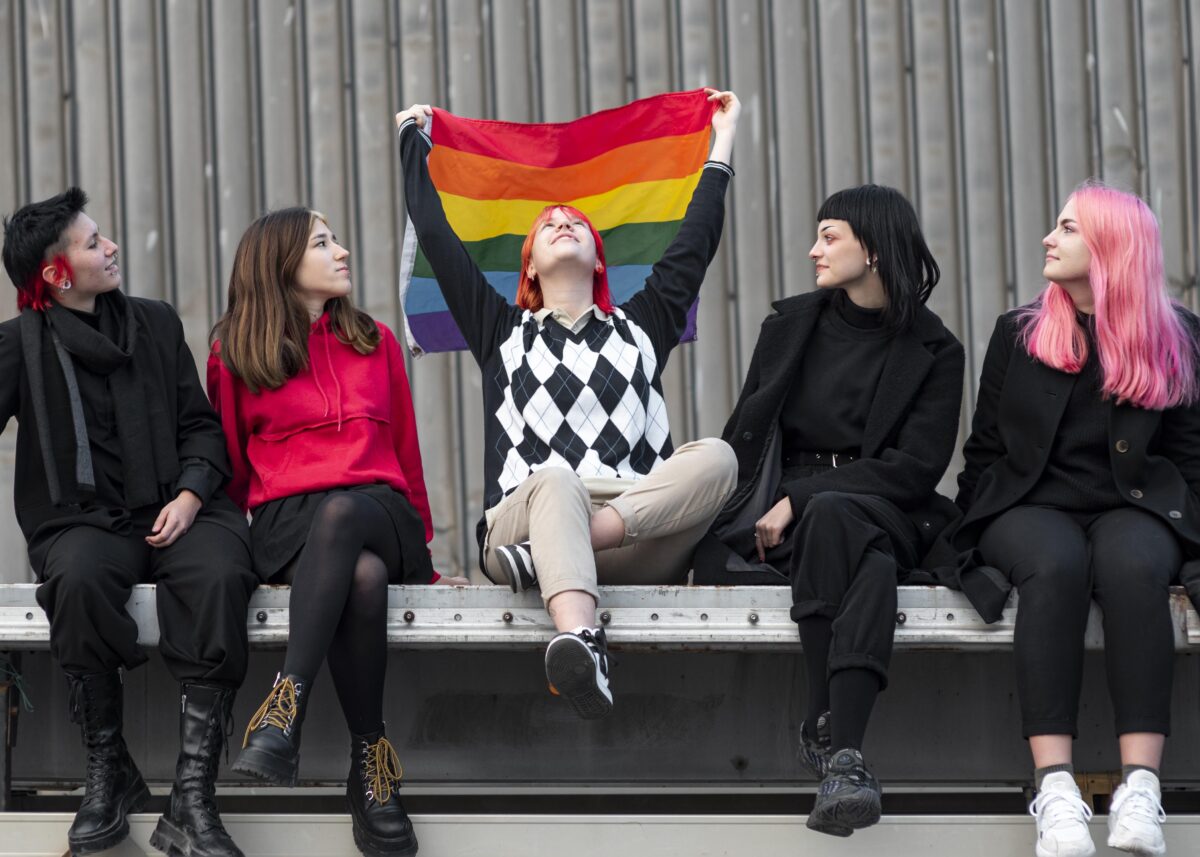Despite that Bosnia and Herzegovina is one of the leading countries of the South Eastern Europe, hate speech, intolerance towards LGBTI persons, as well as harassment or violence remain very common and still is an issue of concern. However, a significant step toward not only increasing the LGBTI community’s trust in government institutions but also strengthening standards and legal understanding of discrimination was made this year in Bosnia and Herzegovina.
The first judgment establishing discrimination based on sexual orientation, gender identity and sex characteristics in Bosnia and Herzegovina was passed on April 4, 2022. According to a lawsuit filed and conducted by the Sarajevo Open Centre* as one of its strategic one, the trial lasted a total of two years and six months and is significant, because now there is a judgement protecting LGBTI rights in BiH for the first time in 13 years since the Anti-Discrimination Law was passed. This judgment is also crucial because the defendant, acted in a discriminatory manner as a public figure or cantonal representative in the Sarajevo Canton Assembly.
The defendant violated the right to equal treatment in relation to members of the LGBTI community whose rights the SOC protects as a plaintiff, by making a statement on the social network Facebook reading: “…Fifteen of them are sufficient to launch an initiative and organise so-called pride marches aimed at destroying the state and its people. Everyone has the right to live their lives as they like, but we also have the right to choose who we want to live with. I want people like these to be isolated and put away from our children and society. Let them go somewhere else and make a city, a state, and a law for themselves, and their own rights that no one will dispute. But NOT here!”.
The judge found that the defendant committed the following forms of discrimination: inciting and issuing an order for segregation, harassment with the intent of violating a person’s dignity and creating intimidating, hostile, degrading, humiliating and offensive content based on sexual orientation, gender identity and sex characteristics. The judge emphasized that the text of the statement is extremely discriminatory and degrading, based on extreme negative stereotypes, and that it should be distinguished from statements and posts made by unknown and politically uninvolved individuals because the defendant, as a public official, should protect the freedom and dignity of every individual in a realistic and authentic manner, refraining from expressing views such as “I want people like these to be isolated and put away from our children and society” because it represents a lack of respect for others, and the statement itself is hate speech and direct incitement to hatred, which is altogether discrimination. The defendant’s statement harmed the dignity of LGBTI people, i.e., the plaintiff, and created a hostile, degrading and insulting environment, which violates the ADL, the ECtHR and European case law that is binding in Bosnia and Herzegovina.
It should be emphasized that this is a first-instance judgement, not a final one. However, this precedent is a significant step toward not only increasing the LGBTI community’s trust in institutions but also strengthening standards and legal understanding of discrimination.
* – NGO Sarajevo Open Centre works to advance human rights, especially the position and human rights of LGBTI people and women in Bosnia and Herzegovina, through representation of their realities and advocacy for legal, policy, economic, social and cultural changes in all areas of life.
Also read:
Insults and humiliation due to sexual orientation
Nothing Personal, Just Prejudice: Complaint to Director of Clinic in North Macedonia








